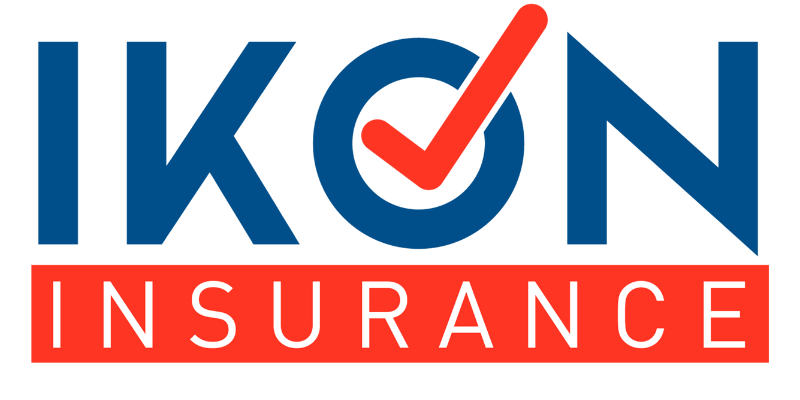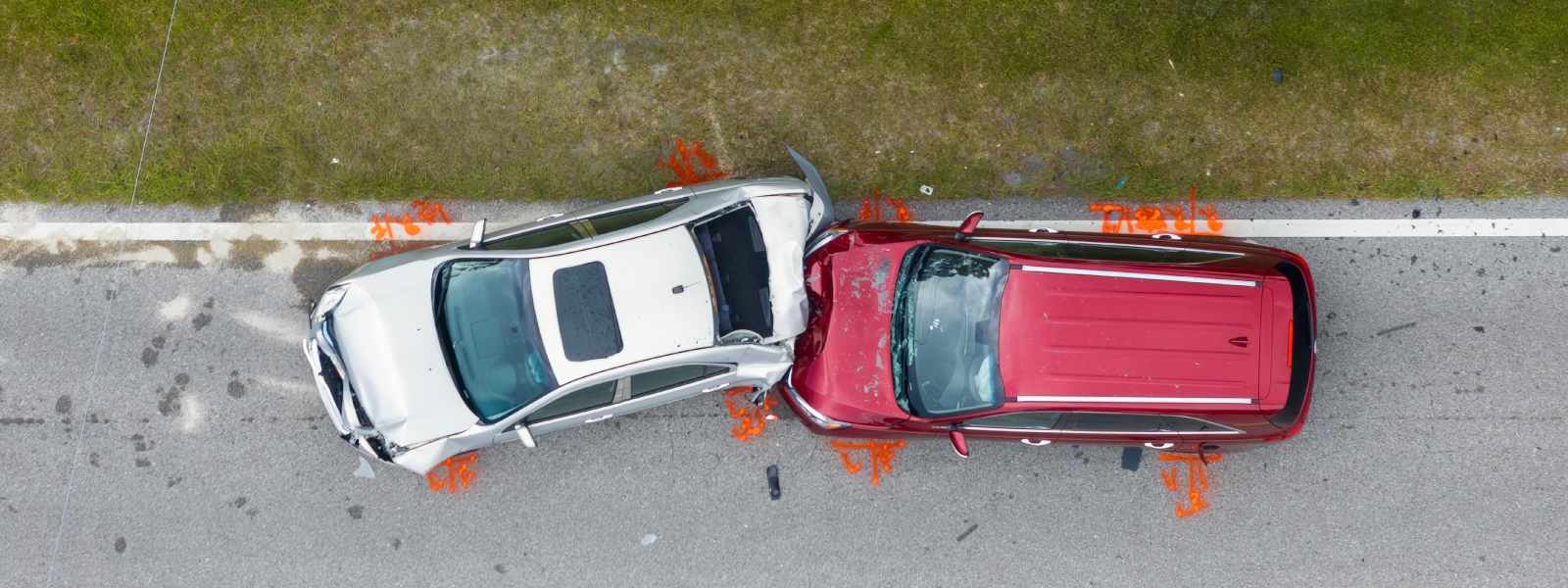Does car insurance in the United States cover a crash if I was drunk?
Driving under the influence of alcohol is illegal and extremely dangerous in every state in the United States. Despite the clear risks, one question that often arises is: Will car insurance cover damages if you were involved in an accident while driving drunk? The answer, as in many cases involving insurance policies, is complicated and depends on several factors.
What does the law say?
First, it is important to understand that driving under the influence (DUI) or drunk driving is a serious violation of the law in any state. Legal consequences can include fines, license suspension, arrest, and even jail time. In addition to the legal penalties, this violation also has consequences on your car insurance.
Coverage of a car insurance when driving under the influence of alcohol
In most cases, your insurer will cover the damages caused in a drunk driving accident, but this does not mean that you will come out financially or legally unscathed. Here’s how coverage works in this type of accident:
1. Liability coverage:
This part of your insurance covers damages you cause to others, including vehicle repairs and medical bills. In general, even if you caused a drunk driving accident, your insurer is obligated to cover damages to others. However, this may vary depending on the type of policy and state in which you reside.
2. Coverage for damage to your own vehicle (Full Cover):
If you have coverage for damage to your own vehicle, the insurer may cover damage to your car, even if you were drunk. However, this is not always guaranteed, as some insurance companies include specific exclusions in DUI cases.
What happens to your car insurance after the accident?
Even if a car insurance covers the damages of the accident, the long-term consequences are serious:
Increase in the value of the insurance:
After a DUI-related accident, your insurer will almost always increase the value significantly. In addition, you could be classified as a high-risk driver, making it difficult for you to obtain affordable coverage in the future.
Cancellation or non-renewal of the policy:
Many insurance companies will cancel the policy of a customer who has been involved in a drunk driving accident. If they do not cancel you immediately, it is very likely that they will not renew your policy when the time comes.
Limited coverage
If you continue to have a policy after a DUI accident, your coverage options are likely to be limited, which means you could be paying more for less protection.
Reasons why car insurance may not cover an accident
There are cases where the insurer may refuse to cover any accident-related damages. This could happen if:
The policy has an explicit exclusion for DUI.
Some companies may include clauses that deny coverage in case the accident occurs under the influence of alcohol.
The accident was intentional
If the company determines that the accident was intentionally caused, they may deny coverage.
You did not report the DUI previously
If the insurer discovers that you did not report a prior DUI when you took out the policy, they may cancel the coverage and deny the claim.
What happens if your insurance company does not cover the accident?
If your insurer decides not to cover the accident, the consequences can be devastating:
- You will have to pay for all damages out of pocket, which may include vehicle repairs, medical bills and property damage.
- In some cases, you could face fines, license suspension or even jail time, depending on state laws.
Additional legal consequences
Not only will you face problems with your insurance company if you were driving drunk, but you could also face problems:
- Criminal charges: If the accident resulted in serious injury or death, the criminal consequences may be even more severe.
- Civil lawsuits: The people affected by the accident could sue you for additional damages not covered by your insurance.
DUI and Insurance SR-22
If you are arrested for DUI, in most states you will be required to present an SR-22, a certificate proving that you have the minimum amount of liability coverage. This is not a type of insurance, but it is proof that you maintain adequate coverage. Insurers often charge much higher rates for drivers who require an SR-22.

